This article shines a light on places around the world where being LGBTQ+ is really tough. We’re talking about spots where discrimination and persecution are a daily reality for many. It’s important to know where these difficult situations exist, so we can better understand the challenges faced by the LGBTQ+ community globally. These are the 10 Worst Places to Be LGBTQ+: Global Hotspots of Persecution and Discrimination.
Key Takeaways
- Several countries still have laws that criminalize same-sex relations, leading to severe penalties.
- In many of these locations, LGBTQ+ individuals face societal stigma and lack legal protections.
- Violence and harassment are common experiences for LGBTQ+ people in these hotspots.
- Limited access to justice and support systems exacerbates the difficulties faced by the community.
- International attention and advocacy are needed to improve the safety and rights of LGBTQ+ individuals worldwide.
1. Brunei
Brunei, a small nation on the island of Borneo, has some really strict laws when it comes to LGBTQ+ rights. The country officially adopted Sharia law in 2019, which brought severe penalties for same-sex relations. This means that consensual same-sex acts are punishable by death, though this penalty hasn’t been carried out. Still, the threat is very real, and it creates a climate of intense fear.
Legal Framework and Penalties
Under the Syariah Penal Code Order 2013, sodomy is a crime. The penalties can include fines, imprisonment, and for Muslims, caning or even death. It’s not just about same-sex acts; public displays of affection that are considered contrary to Islamic teachings can also lead to trouble. The legal system makes it incredibly difficult for LGBTQ+ individuals to live openly or safely.
Social Climate and Discrimination
Beyond the laws, the social atmosphere in Brunei is also very challenging. There’s a strong conservative influence, and many people are hesitant to speak out or even acknowledge the existence of LGBTQ+ individuals. This lack of acceptance means that discrimination is widespread, affecting everything from employment to housing. Finding support networks is extremely difficult, and many people feel isolated.
International Reaction
The implementation of Sharia law in 2019 sparked widespread international condemnation. Many human rights organizations and governments spoke out against the new laws, calling for Brunei to repeal them. Despite this, the Bruneian government has largely stood by its decision, citing religious freedom and adherence to Islamic law. The international pressure hasn’t resulted in significant changes to the laws or their enforcement.
The combination of severe legal penalties and a deeply conservative social environment makes Brunei one of the most dangerous places for LGBTQ+ people in the world. The fear of prosecution and social ostracization is a constant reality.
2. Iran
Iran is a really tough place for LGBTQ+ people. The laws there are super strict, and honestly, they don’t offer any protection against discrimination based on who you love or how you identify. It’s a country where being gay can get you into serious trouble, even the death penalty in some cases.
Legal Landscape
- Homosexuality is illegal and punishable by death. This is the most severe consequence, and it’s a constant threat.
- Cross-dressing is also illegal and can lead to imprisonment.
- There are no laws protecting individuals from discrimination based on sexual orientation or gender identity. This means you have no legal recourse if you face unfair treatment at work, school, or in public life.
Societal Attitudes
Even if the law wasn’t so harsh, societal attitudes are pretty unforgiving. There’s a lot of stigma attached to being anything other than straight and cisgender. It makes everyday life incredibly difficult, and finding safe spaces or supportive communities is a real challenge. Many LGBTQ+ individuals feel they have to hide who they are completely to stay safe. It’s a heavy burden to carry, and it impacts mental health significantly. You can find more information about the legal situation for LGBTQ+ individuals in Iran from organizations that track these issues, like ILGA World.
The combination of severe legal penalties and widespread social disapproval creates an environment of intense fear and repression for the LGBTQ+ community in Iran.
Challenges and Risks
Living as an LGBTQ+ person in Iran means constantly looking over your shoulder. The risks are high, and the lack of legal protections means there’s little to no safety net. It’s a situation that forces many to consider leaving the country if they can, seeking refuge elsewhere where they can live more openly and safely. The situation really highlights the need for greater international attention and advocacy for human rights in Iran.
3. Mauritania
Mauritania, a nation in Northwest Africa, has some of the harshest laws against LGBTQ+ individuals. The country’s penal code, influenced by a strict interpretation of Sharia law, makes same-sex relations a serious offense. Punishments can be severe, including lengthy prison sentences and even the death penalty for men.
Legal Status
- Article 308 of the Mauritanian penal code criminalizes “unnatural” sexual acts between individuals of the same sex.
- The law does not explicitly differentiate between men and women, but enforcement has historically been more focused on gay men.
- Penalties range from fines and imprisonment to, in the most extreme cases, capital punishment.
Societal Attitudes
While legal protections are virtually non-existent, societal attitudes also contribute to the difficult environment for LGBTQ+ people in Mauritania. There is very little public discourse or visibility regarding LGBTQ+ issues, and any open expression of non-heterosexual identity is met with strong disapproval and potential danger. Information about the specific experiences of LGBTQ+ individuals within Mauritania is scarce due to the high level of stigma and the risks associated with coming out or seeking support.
Discrimination and Persecution
Beyond the legal framework, LGBTQ+ individuals in Mauritania face significant discrimination in various aspects of life. This can include social ostracization, difficulties in employment, and harassment. The lack of legal recognition and protection means there are no avenues for recourse against such treatment.
The deeply conservative nature of Mauritanian society, coupled with the severe legal penalties, creates an environment where LGBTQ+ individuals must live in extreme secrecy and fear for their safety and well-being.
4. Nigeria
Nigeria presents a really tough environment for LGBTQ+ individuals. The laws here are pretty strict, especially concerning same-sex relations. Most of the country considers consensual same-sex activity illegal, and you can face jail time for it. It’s not just the laws, though; the social climate is also very challenging. Deeply rooted cultural and religious beliefs mean that negative attitudes towards the LGBTQ+ community are widespread. This makes everyday life incredibly difficult for many.
Legal Landscape
- Same-sex sexual activity is criminalized in many parts of Nigeria. Penalties can include lengthy prison sentences, sometimes up to 14 years.
- While there aren’t laws specifically targeting LGBTQ+ identity itself, the existing sodomy laws effectively criminalize same-sex acts.
- There’s a notable lack of legal protections against discrimination or harassment based on sexual orientation or gender identity. This leaves LGBTQ+ people vulnerable in many areas of life, from employment to housing.
Societal Challenges
Life for LGBTQ+ people in Nigeria is often marked by fear and stigma. The pervasive negative societal attitudes, influenced by both cultural traditions and religious interpretations, create an atmosphere where open expression of identity is risky. This can lead to isolation and a constant sense of being under threat. Despite these hurdles, advocacy groups are working hard to improve awareness and push for greater acceptance, though their efforts face considerable obstacles. Finding safe spaces and support networks is a major concern for many.
The combination of harsh laws and widespread social disapproval creates a deeply challenging reality for LGBTQ+ individuals in Nigeria, impacting their safety and well-being daily.
Organizations are trying to make things better, but it’s a slow process. They focus on education and trying to change public opinion, which is a massive undertaking. You can find out more about the situation by looking into LGBTQ+ rights in Nigeria. It’s a complex issue with many layers, and progress is hard-won.
5. Saudi Arabia

Saudi Arabia is a place where LGBTQ+ individuals face severe challenges. The country’s laws are deeply rooted in a conservative interpretation of Sharia law, which doesn’t recognize same-sex relationships or gender diversity. Public displays of affection between same-sex couples can lead to arrest and harsh penalties.
Life for LGBTQ+ people here is often lived in extreme secrecy. There are no legal protections against discrimination, leaving individuals vulnerable in their personal and professional lives. The concept of gender identity is not acknowledged, and attempts to imitate the opposite sex can result in legal trouble. This lack of recognition means that transgender and gender non-conforming individuals have no legal recourse or protection.
The societal pressure to conform to traditional gender roles is immense. Any deviation from these norms can lead to ostracization from family and community, in addition to legal repercussions.
Here’s a look at some of the legal and social realities:
- Criminalization of Same-Sex Conduct: Acts considered homosexual are illegal and can carry severe punishments, including imprisonment, fines, and even the death penalty in some interpretations of the law.
- Restrictions on Gender Expression: Laws against “immorality” and “public indecency” are often used to target individuals whose gender expression doesn’t align with societal expectations. This can include clothing, mannerisms, and even online activity.
- Lack of Legal Recognition: There is no legal framework for same-sex relationships or for recognizing gender transitions. This leaves LGBTQ+ individuals without any legal rights or protections, making it difficult to live openly or safely. You can find more information about the challenges faced by LGBTQ+ individuals in the Middle East here.
Navigating daily life requires constant vigilance. The fear of being reported or discovered is a persistent concern, making it incredibly difficult to build community or find support. Many resort to living double lives, hiding their true selves from the outside world to avoid severe consequences.
6. Somalia
Somalia presents a particularly grim landscape for LGBTQ+ individuals. The country’s penal code, largely inherited from the British colonial era and further influenced by Sharia law, criminalizes same-sex sexual acts with severe penalties. These laws are not just on the books; they are actively enforced, leading to arrests, imprisonment, and social ostracization.
Legal Framework and Penalties
Somalia’s legal system is complex, with different regions operating under varying degrees of Sharia law interpretation. However, the overarching theme is the severe punishment for consensual same-sex relations.
- Imprisonment: Sentences can range from a few months to several years, including life imprisonment in some interpretations.
- Capital Punishment: While not consistently applied, certain interpretations of Sharia law in some regions could theoretically allow for the death penalty for homosexual acts.
- Public Shaming and Fines: Beyond formal legal penalties, individuals can face public humiliation and financial penalties.
Societal Attitudes and Discrimination
Beyond the legal ramifications, societal attitudes in Somalia are overwhelmingly negative towards LGBTQ+ people. There is little to no public acceptance, and open expression of identity is extremely dangerous. This lack of acceptance permeates all aspects of life, from family relationships to employment and access to basic services.
The pervasive fear of discovery and the lack of any support structures mean that many LGBTQ+ Somalis live in constant hiding, facing immense psychological distress and isolation. The absence of legal protections leaves them vulnerable to abuse with no recourse.
Challenges and Lack of Support
For LGBTQ+ individuals in Somalia, finding safe spaces or support networks is nearly impossible. Human rights organizations are scarce, and those that do exist often operate with extreme caution due to the volatile political and social climate. The international community’s ability to provide aid or protection is also severely limited by the country’s instability and the deeply entrenched cultural norms.
7. Uganda
Uganda is a really tough place to be LGBTQ+. The laws here are incredibly harsh, and the government seems to actively go after queer people. It feels like there’s no safe space for anyone who isn’t straight and cisgender. The Anti-Homosexuality Act, which was passed in 2023, really cranked things up a notch. It makes ‘aggravated homosexuality’ punishable by death, and even just ‘promoting’ homosexuality can land you in jail for years.
Legal Landscape
- The Anti-Homosexuality Act of 2023: This law is brutal. It criminalizes same-sex relations with severe penalties, including life imprisonment and, in some cases, the death penalty. It also targets anyone perceived to be supporting or promoting LGBTQ+ rights.
- Previous Laws: Even before the 2023 act, consensual same-sex acts were illegal and could result in life imprisonment.
- Enforcement: While not every instance of discrimination is prosecuted, the laws create a climate of fear and embolden individuals and authorities to harass and persecute LGBTQ+ people.
Societal Attitudes and Discrimination
Public opinion in Uganda is largely against LGBTQ+ rights, often fueled by religious and traditional beliefs. This translates into widespread discrimination in daily life. Finding housing, employment, or even accessing healthcare can be incredibly difficult for LGBTQ+ individuals. Many are forced to hide their identity or flee the country to seek safety. The government’s stance has unfortunately legitimized this prejudice, making it even harder for the community to find acceptance or support. It’s a really isolating experience for many, and the lack of legal protection means there’s little recourse when things go wrong. You can find more information about the abuses perpetrated by Ugandan authorities on this report.
The pervasive fear and lack of legal recourse create an environment where LGBTQ+ individuals are constantly vulnerable. This isn’t just about laws; it’s about how those laws affect people’s everyday lives and their ability to simply exist without threat.
8. Yemen
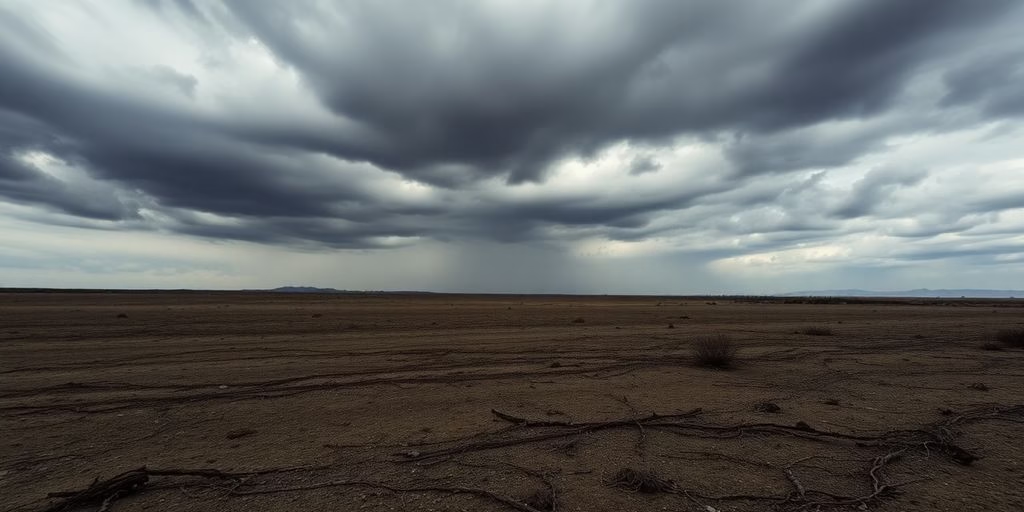
Yemen is a country where the situation for LGBTQ+ individuals is incredibly dire. The ongoing conflict and humanitarian crisis have made life even more precarious for everyone, but particularly for marginalized groups. Same-sex sexual activity is illegal and can be punished by death under certain interpretations of Sharia law, which heavily influences the country’s legal system.
Legal Status and Penalties
Societal Attitudes
Impact of Conflict
International Response
Safety and Security
Discrimination and Violence
Legal Recognition and Rights
Historical Context
Health and Well-being
Activism and Support
In Yemen, there’s no legal framework that protects LGBTQ+ people from discrimination. In fact, the laws actively criminalize same-sex relations. This lack of protection means that individuals can face severe consequences, including imprisonment and, in some interpretations of the law, even the death penalty. It’s a really tough environment, and finding reliable information about the specific experiences of LGBTQ+ Yemenis is challenging due to the extreme risks involved.
The pervasive fear of discovery and severe punishment creates an atmosphere of constant anxiety for LGBTQ+ individuals in Yemen. This makes it nearly impossible to live openly or seek support without risking severe repercussions.
9. United Arab Emirates
The United Arab Emirates presents a complex picture for LGBTQ+ individuals. While it’s a popular destination for many, the legal landscape can be quite harsh. Consensual same-sex sexual activity is illegal and can lead to serious consequences. This includes lengthy prison sentences, hefty fines, and even deportation for foreigners. There’s no legal recognition for same-sex relationships, and the laws don’t offer any protection against discrimination based on sexual orientation or gender identity.
It’s not just about explicit acts, either. People can face charges under broader public morality or indecency laws, which can be applied in ways that disproportionately affect LGBTQ+ individuals. This often means that even public displays of affection that might be considered normal for heterosexual couples can lead to trouble. For transgender individuals, while there aren’t specific laws targeting them, they can still be prosecuted under laws related to gender non-conformity or public morality. It’s a situation that requires a lot of caution and awareness if you are part of the community.
Legal Status of Same-Sex Relations
Same-sex sexual acts are criminalized across the UAE. Penalties can vary by emirate, but they are generally severe.
Discrimination and Social Attitudes
While some expatriate communities might be more open, societal attitudes, influenced by the legal framework, can be conservative.
Transgender Rights
There are no specific laws protecting transgender people, and they can be targeted under public morality statutes.
The lack of explicit protections means that LGBTQ+ individuals often live with a constant sense of uncertainty and fear of legal repercussions, even for private conduct.
It’s important for visitors and residents alike to be aware of these laws and social norms. Understanding the legal framework is key to staying safe. Many people find resources and support through online communities, but discretion is always advised. The situation highlights the ongoing challenges faced by LGBTQ+ people in many parts of the world, even in places known for their modernity and economic development. Navigating these environments requires careful consideration of local laws and customs.
10. Qatar
Qatar is a country that has made significant strides in some areas, but when it comes to LGBTQ+ rights, it’s still a tough place to be. The laws here are pretty strict, and they don’t really protect queer individuals from discrimination. In fact, there aren’t any specific laws against discrimination when it comes to things like getting services or even just in everyday life. It feels like a big blind spot, honestly.
Laws and Penalties
Homosexuality is illegal in Qatar, and the penalties can be severe. Depending on the specific act and the interpretation of the law, punishments can include imprisonment, fines, and even deportation for foreigners. While enforcement can vary, the laws are definitely on the books and create a climate of fear.
Social Climate
Outside of the legal framework, the social atmosphere can also be challenging. While there might be some private acceptance in certain circles, public displays of affection or open identification as LGBTQ+ are generally not accepted and can lead to serious social repercussions. This lack of legal protection means there are no anti-discrimination laws in the provision of goods and services, which can make daily life difficult for queer residents and visitors alike. It’s a situation that leaves many feeling vulnerable and without recourse.
Travel Considerations
For LGBTQ+ travelers, Qatar presents a complex situation. While the country hosted the FIFA World Cup, which brought some attention to these issues, the underlying laws and social attitudes haven’t changed dramatically. It’s important for visitors to be aware of the local laws and customs to avoid any potential trouble. Being discreet is often advised, and understanding the legal landscape is key to a safe trip. You can find more information about the legal situation for LGBTQ+ individuals in Qatar here.
Lack of Legal Protections
One of the most significant issues is the absence of any legal recourse for discrimination. This means that if an LGBTQ+ person faces unfair treatment in housing, employment, or public spaces, they have no legal avenue to seek justice. This lack of protection contributes to a pervasive sense of insecurity and marginalization.
Moving Forward: A Call for Change
So, we’ve looked at some pretty tough places for LGBTQ+ folks around the world. It’s clear that discrimination is still a huge problem in many countries, making life really hard for so many people just trying to live their lives. This isn’t just about laws; it’s about attitudes and how people are treated every day. We can’t just ignore this. Supporting organizations that work for change, speaking out when we see injustice, and educating ourselves and others are all ways we can help. Progress might be slow, but every bit of effort counts towards a future where everyone, everywhere, can be safe and accepted for who they are.
Frequently Asked Questions
Why are these places considered the worst for LGBTQ+ people?
Some countries make it illegal to be gay or transgender, meaning people can be arrested or even punished more severely just for who they are or who they love. This can include unfair laws, harsh punishments, and a general feeling of being unsafe.
What kind of punishments can LGBTQ+ people face in these countries?
In these places, LGBTQ+ individuals might face jail time, fines, or even worse punishments like the death penalty in some extreme cases. They might also be attacked or harassed by others without the police helping them.
What does ‘discrimination’ mean for LGBTQ+ people in these areas?
It means that society, including laws and sometimes even everyday people, doesn’t accept or protect people who are gay, lesbian, bisexual, or transgender. This can lead to a lot of fear and difficulty in living openly.
Are there laws against being LGBTQ+ in these countries?
Sadly, yes. In many of these countries, there are laws that specifically target LGBTQ+ people, making their lives very hard and dangerous. These laws can control relationships, how people express themselves, and even where they can go.
How do LGBTQ+ people survive in these difficult places?
It’s tough. They might have to hide who they really are from their families, friends, and even their government. Finding safe spaces or support groups can be incredibly difficult, and they often live in constant fear of being discovered.
What is being done to help LGBTQ+ people in these countries?
International groups and human rights organizations work to raise awareness about these issues. They try to pressure governments to change unfair laws and advocate for better treatment and protection for LGBTQ+ individuals worldwide.

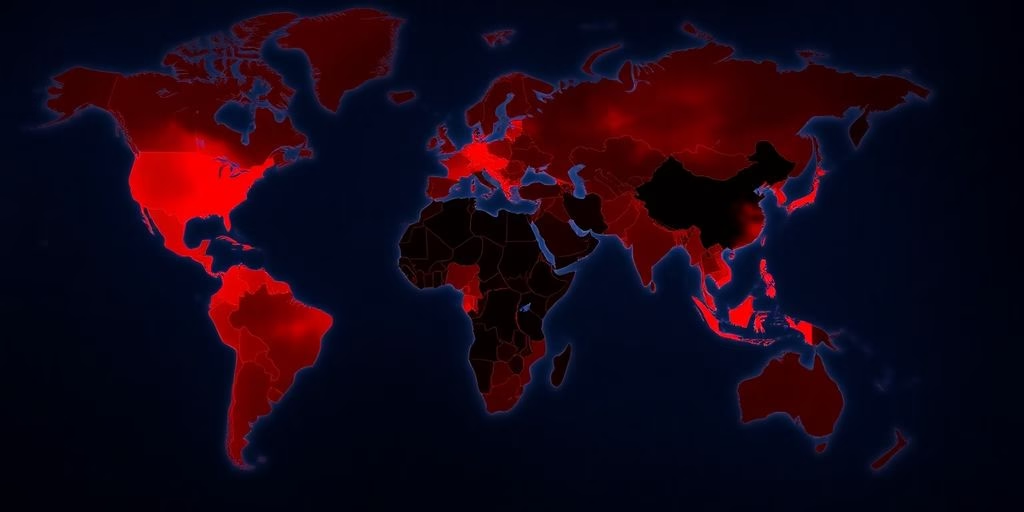
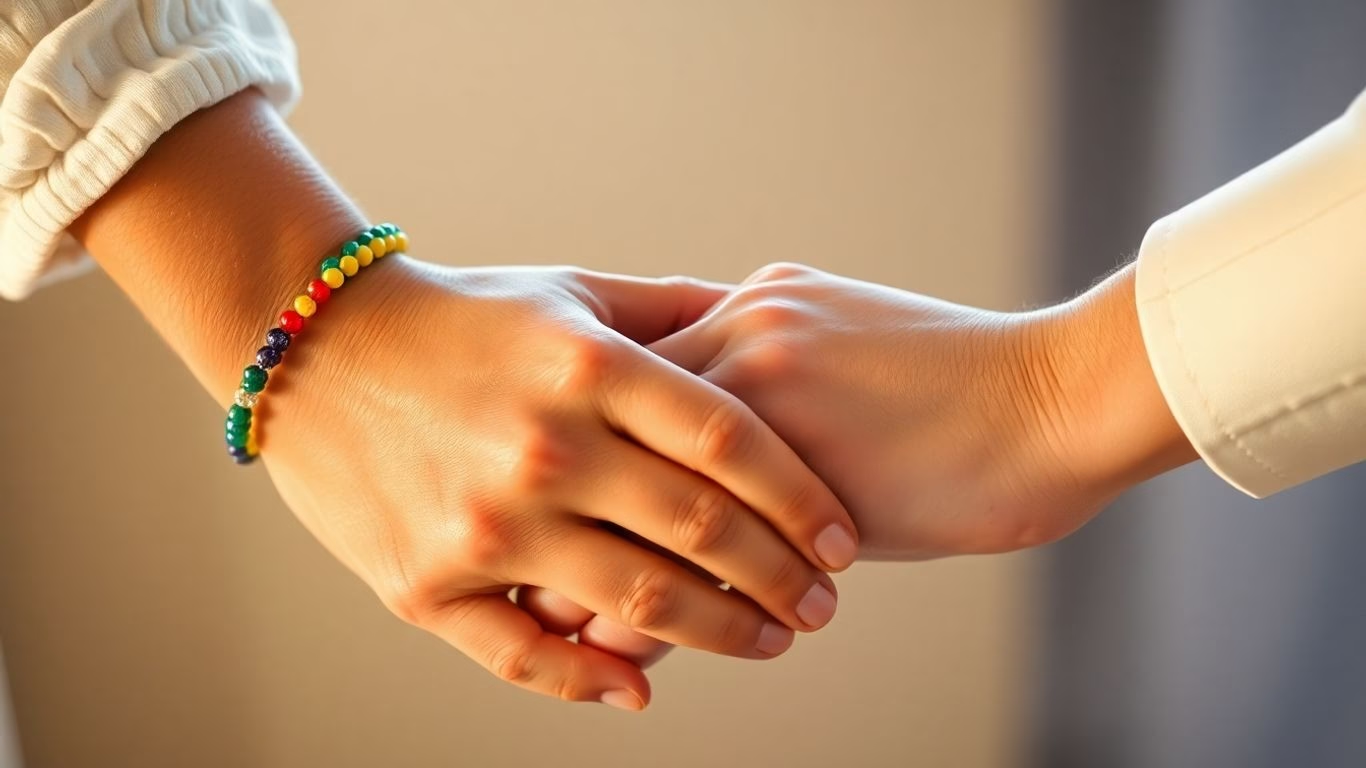
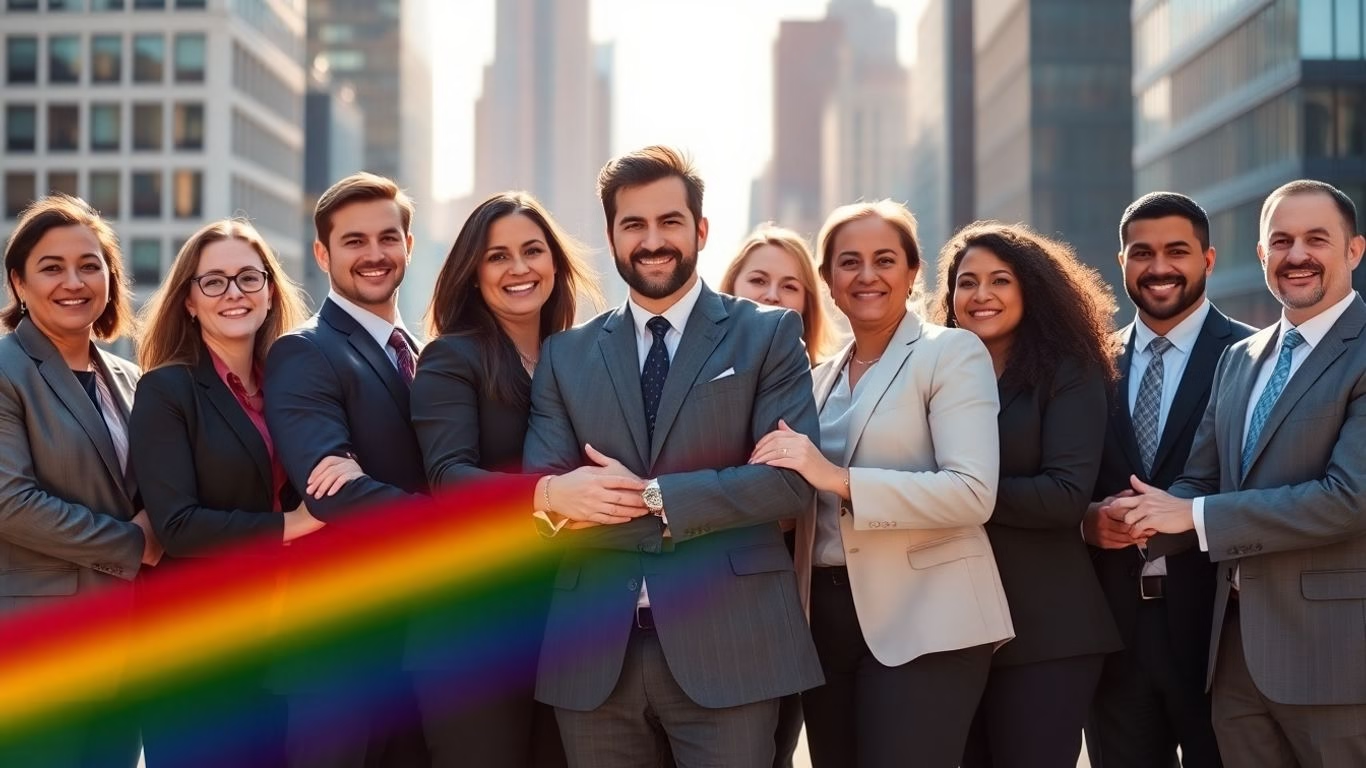
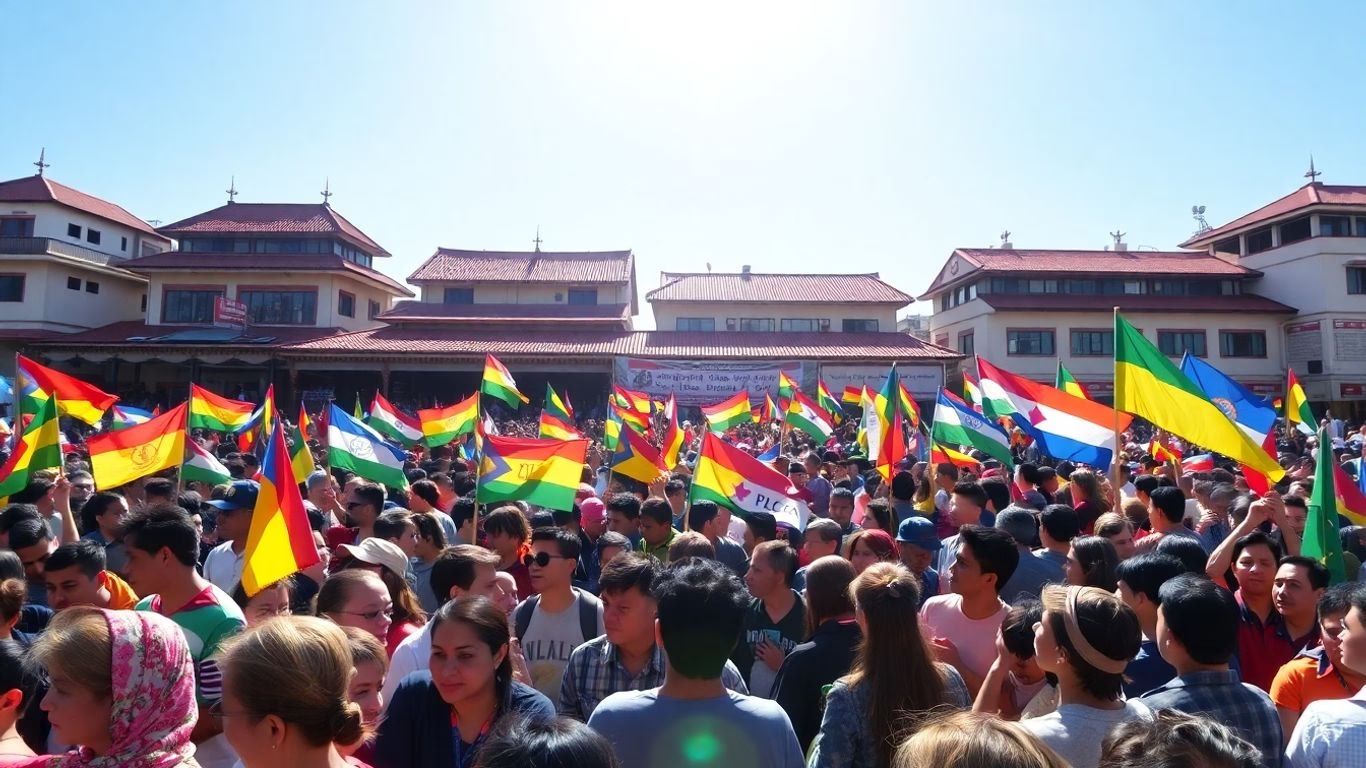
Leave a Reply